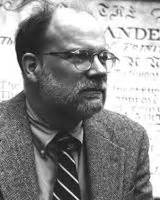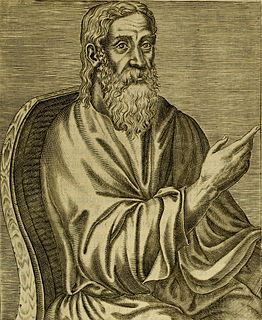A Quote by Robert Smithson
The museums and parks are graveyards above the ground- congealed memories of the past that act as a pretext for reality.
Related Quotes
All over the world major museums have bowed to the influence of Disney and become theme parks in their own right. The past, whether Renaissance Italy or Ancient Egypt, is re-assimilated and homogenized into its most digestible form. Desperate for the new, but disappointed with anything but the familiar, we recolonize past and future. The same trend can be seen in personal relationships, in the way people are expected to package themselves, their emotions and sexuality, in attractive and instantly appealing forms.
The past exists only in our memories, the future only in our plans. The present is our only reality. The tree that you are aware of intellectually, because of that small time lag, is always in the past and therefore is always unreal. Any intellectually conceived object is always in the past and therefore unreal. Reality is always the moment of vision before the intellectualization takes place. There is no other reality.
You have your wonderful memories," people said later, as if memories were solace. Memories are not. Memories are by definition of times past, things gone. Memories are the Westlake uniforms in the closet, the faded and cracked photographs, the invitations to the weddings of the people who are no longer married, the mass cards from the funerals of the people whose faces you no longer remember. Memories are what you no longer want to remember.
And then, once you've written, you meet producers and directors and actors. You get to meet interesting, talented, creative, artistic people, and it also staves off a bit of creative stagnation when you can't act, which is the reality of the industry. So often, you can't act because there are just too many cars and not enough car parks. But, I love writing and I'll never stop doing that.
... where do they go when they die? We hear of the elephant graveyards, where the elephants go to die, but how much more curious it is that birds are not falling out of the sky all the time, on our heads, at our feet, dying and falling and flopping to the ground. I rarely see a dead bird on the ground.
The mutability of the past is the central tenet of Ingsoc. Past events, it is argued, have no objective existance, but survive only in written records and in human memories. The past is whatever the records and the memories agree upon. And since the Party is in full control of all records, and in equally full control of the minds of its members, it follows that the past is whatever the Party chooses to make it.








































